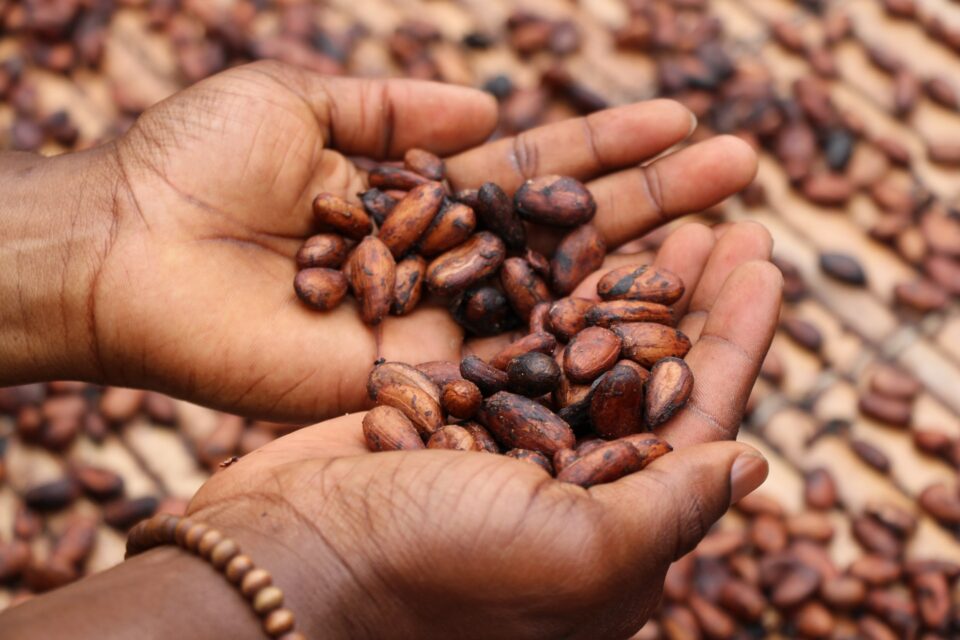According to a Reuters report, Cargill has been ordered by the 39th Labor Court in Bahia, Brazil to include clauses in its contracts with Brazilian cocoa suppliers that would terminate the commercial relationship in case of child labor or other illegal working conditions. Local labor prosecutors initiated the lawsuit against the commodities supplier, claiming that Cargill purchases cocoa from numerous producers, co-ops, and merchants in Brazil and cannot ensure that child labor was not involved at any stage of the supply chain.
In response to the allegations, Cargill issued a statement to ConfectioneryNews, stating that the case is currently under full judicial confidentiality and they are not allowed to provide specific details. However, they expressed disagreement with the allegations and the court’s decision, and they plan to appeal to the higher court.
Transparency and traceability in cocoa supply chains are major challenges faced by chocolate companies, especially in West Africa where monitoring small-holder farms for human rights issues or environmental abuse is often neglected. Cargill has been striving to address these concerns through its Cocoa Promise initiative, launched in 2012, which aligns with the United Nations Sustainable Development Goals (SDGs) and aims to achieve full supply chain transparency.
Cargill strongly denies any involvement in human trafficking, forced labor, or child labor in its operations or supply chain. They emphasize their commitment to protecting human rights, particularly children’s rights worldwide. In Brazil, they rigorously screen suppliers against government embargo lists, taking swift action to suspend any violators. Cargill is also a signatory to the multisectoral initiative called “Cocoa Action,” which facilitates collaborative efforts and prioritizes cocoa sustainability.
Throughout its 56-year presence in Brazil, Cargill has demonstrated its compliance with applicable laws and its dedication to prioritizing the safety, well-being, and dignity of individuals, both within the company and among its suppliers and partners.
The court also ordered Cargill’s US operation to initiate a due diligence process to verify the presence of child labor in its supply chain and launch a campaign to combat this practice, as per the court ruling.




